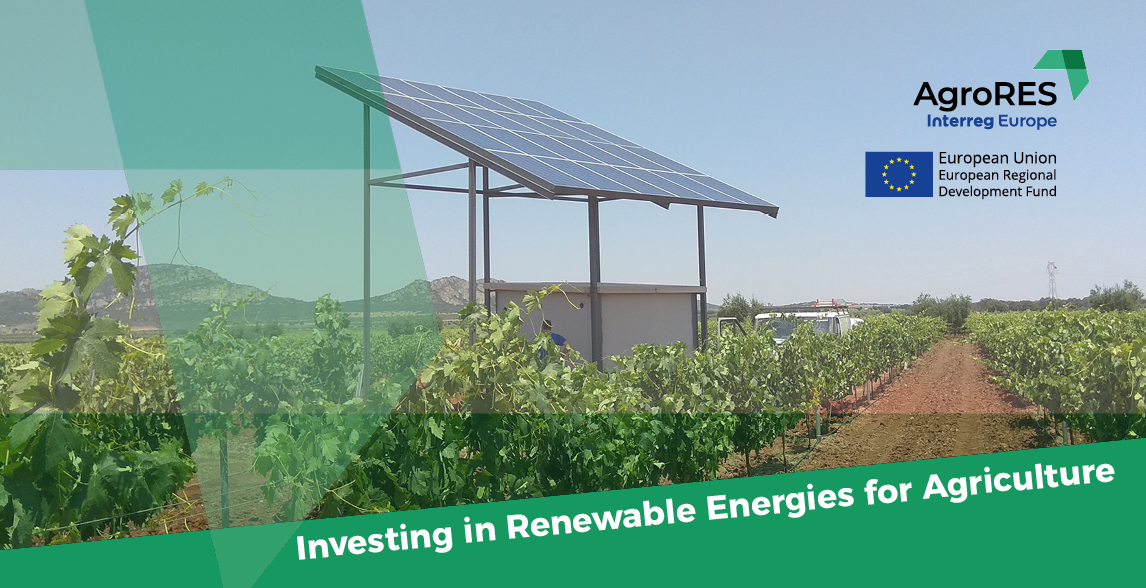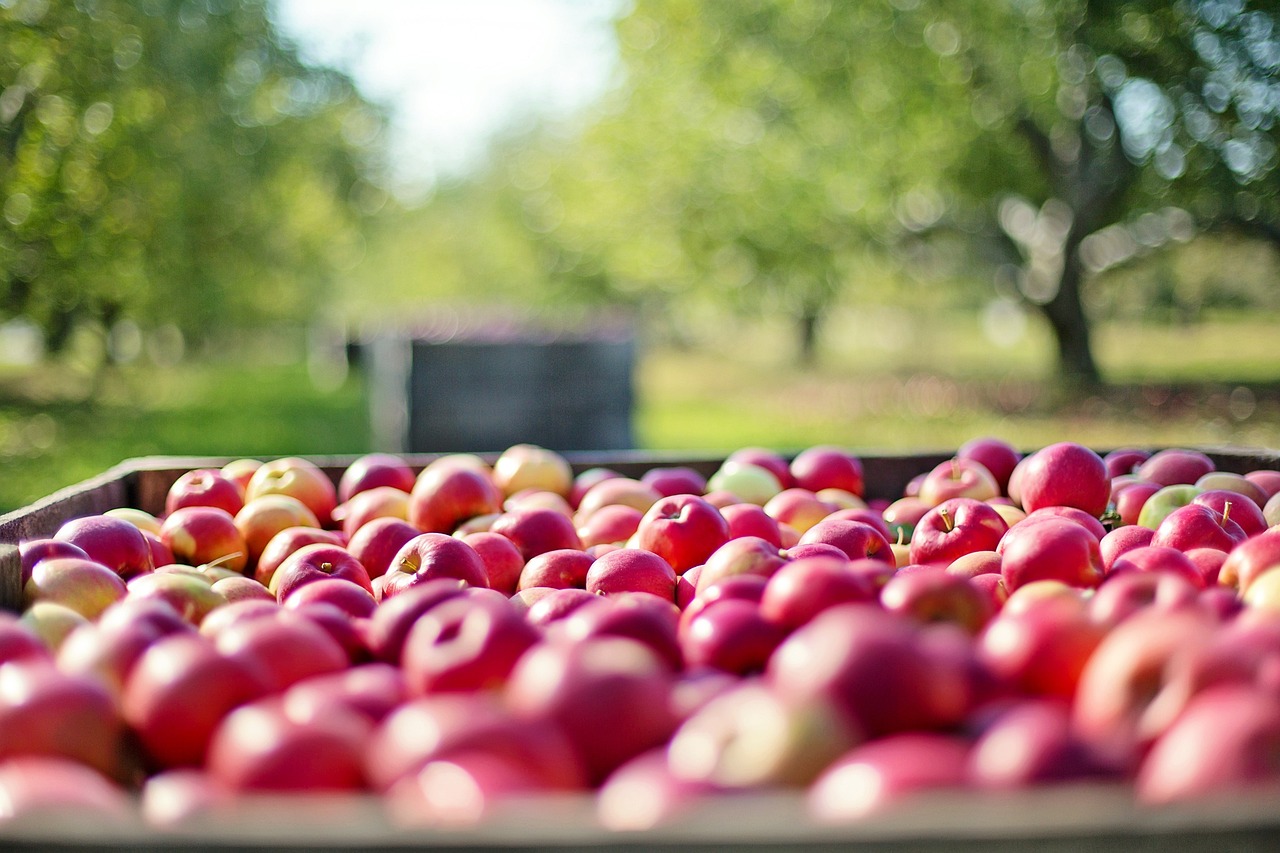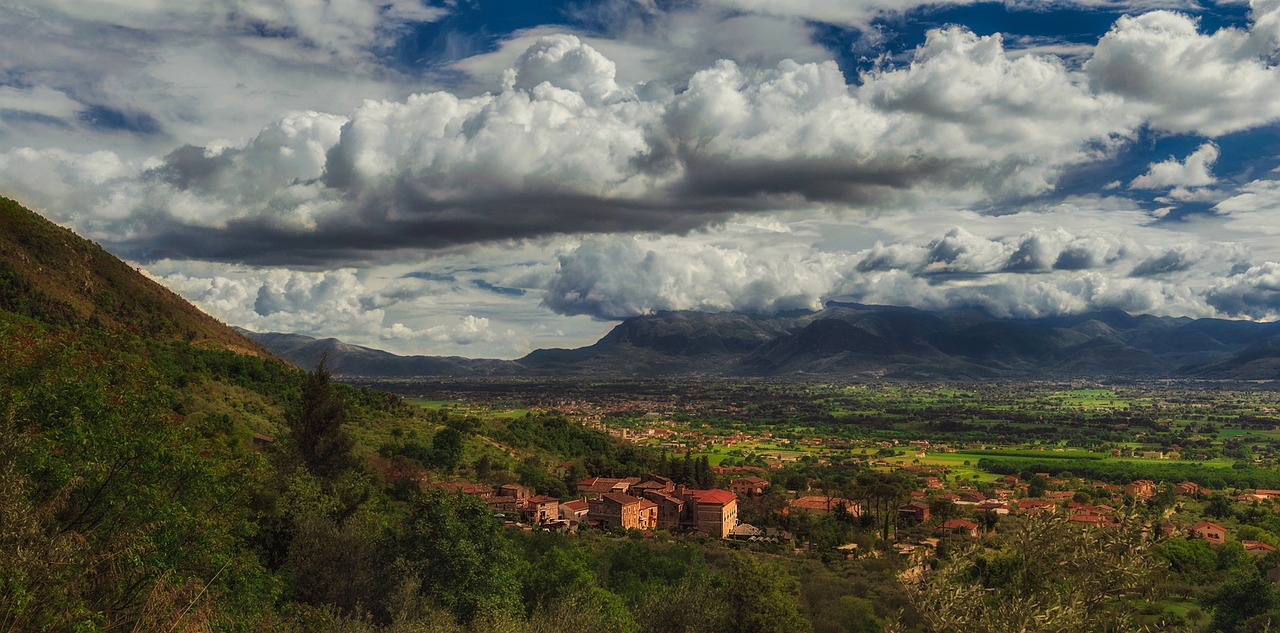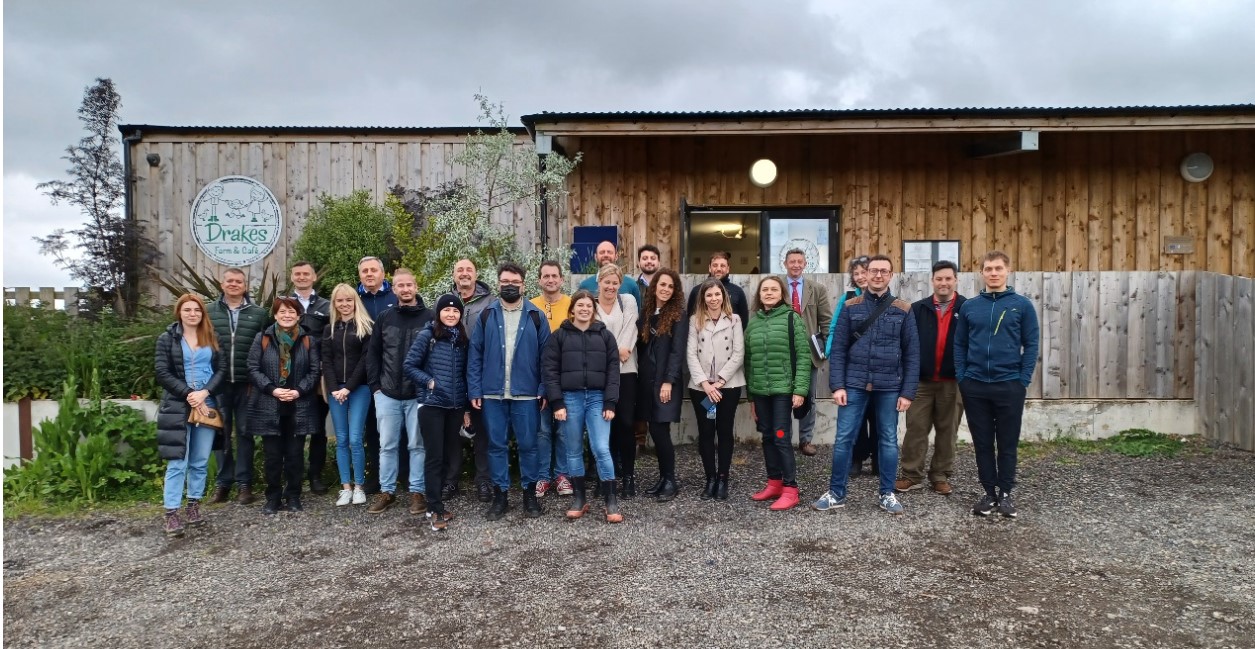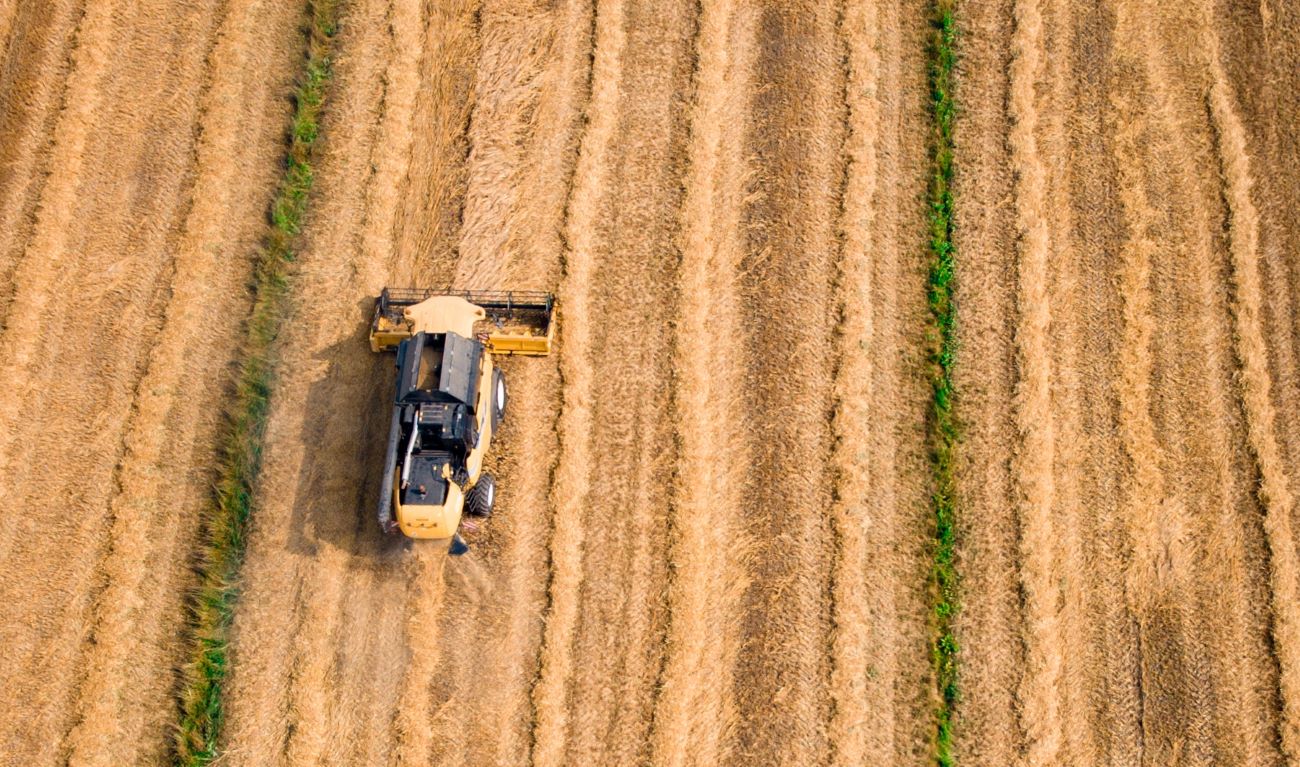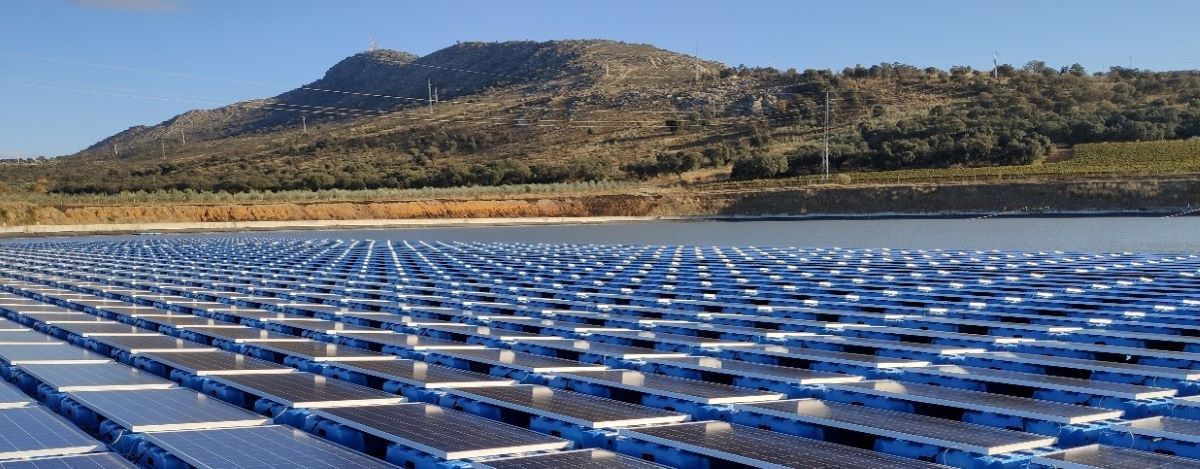The European Union's energy strategy for 2020 establishes that up to 50% of renewable energy produced by EU member states will derive from biomass. This type of power is produced mainly by burning agricultural, forestry, livestock residues and municipal or industrial biodegradable waste. Studies conducted in Romania reveal the potential in the field of green energy production: 65% biomass, 17% wind energy, 12% solar energy, 4% micro hydropower and 2% geothermal. Romania's most potential resource continues to be biomass, an important fixed carbon source for which there are no organized collection practices.

Although it is desirable to reach the 50 percentage target, studies conducted in 2016 showed that only 0.34% of electricity produced in Romania is obtained from biomass, while thermal energy produced from biomass is up to 46%. Some Romanian entrepreneurs have come up with their own solutions for energy production. One of them, the owner of a company that manufactures energy production equipment with wood pellets and agro pellets stated that the power produced by burning this type of fuel is cheap and has an efficiency of 94-97%, higher than other types of energy. It has already been adopted by private companies but also by some local councils.
The use of biomass for electricity production is a much more sustainable way to benefit from it, because electrical power can be used in a wide range of applications, including agriculture: irrigation, automation, heating / cooling work spaces, powering various industrial equipment. The efficient use of biomass for electricity production will reduce CO2 emissions in agriculture and increase the profitability of farms that use the energy obtained


